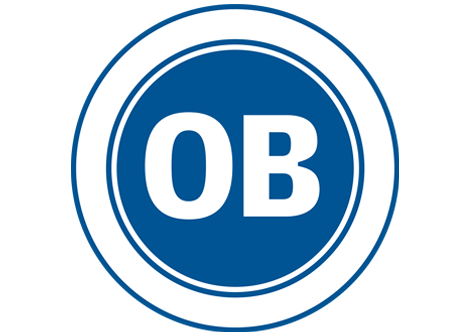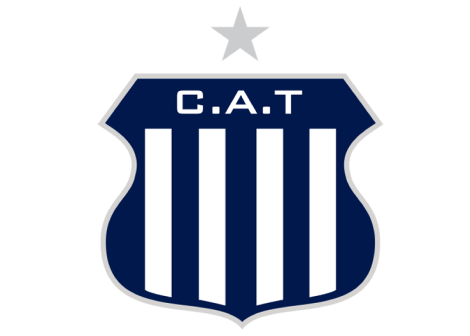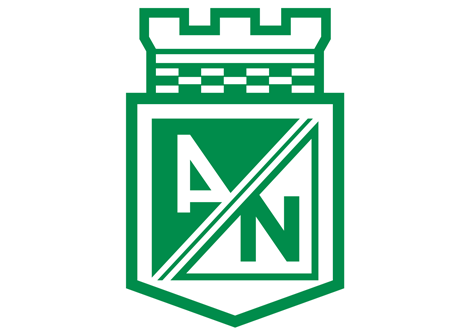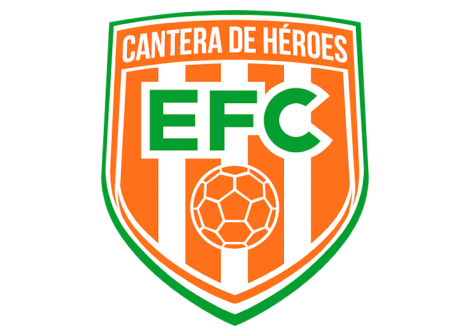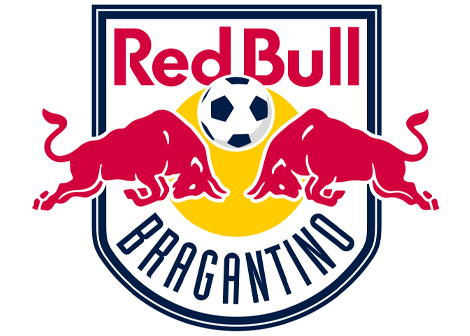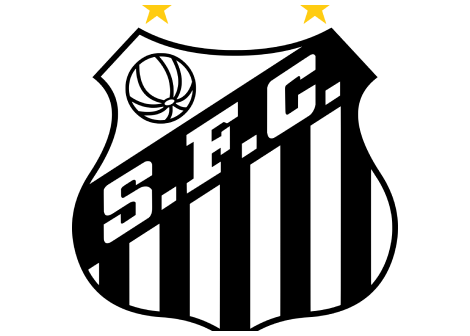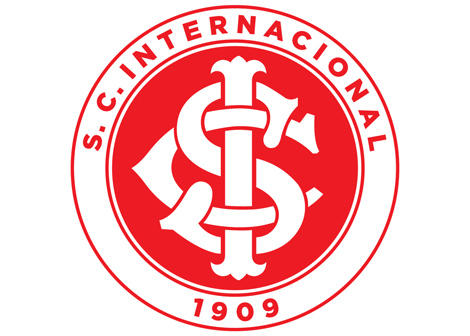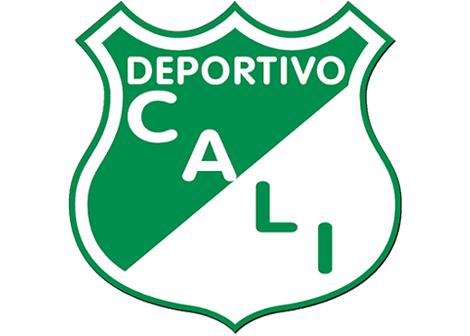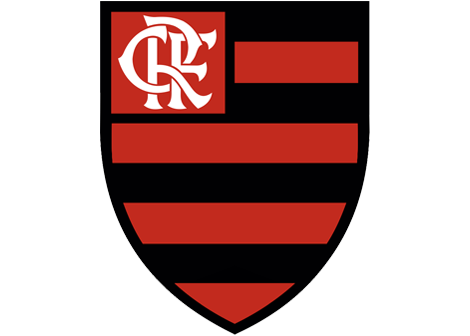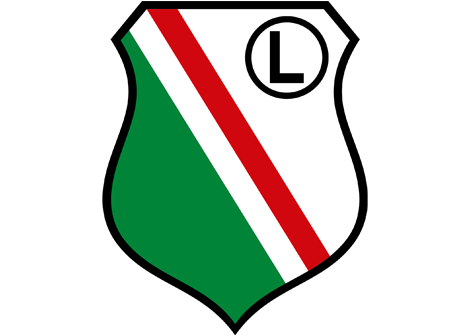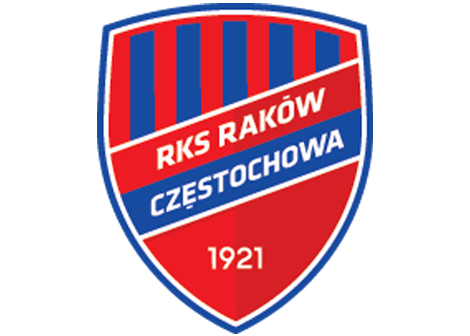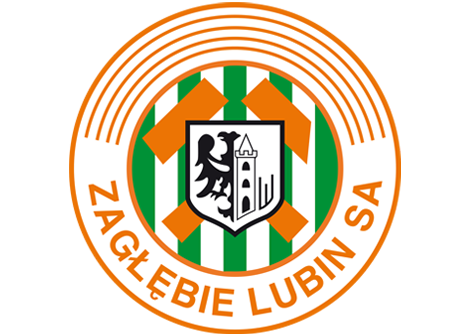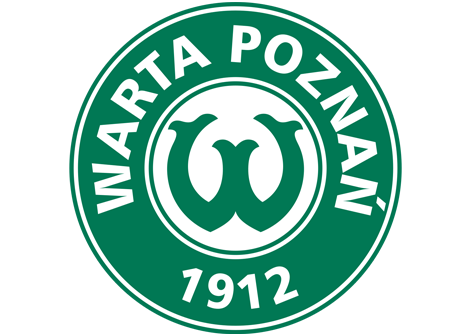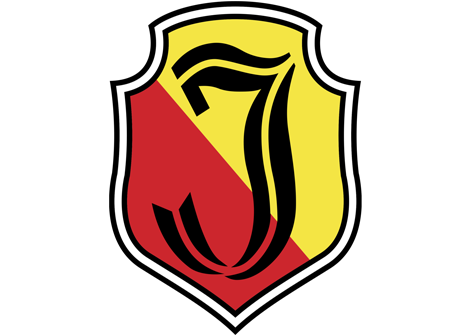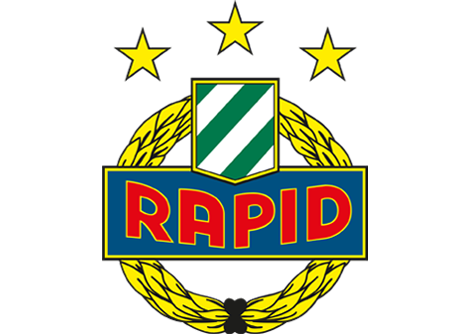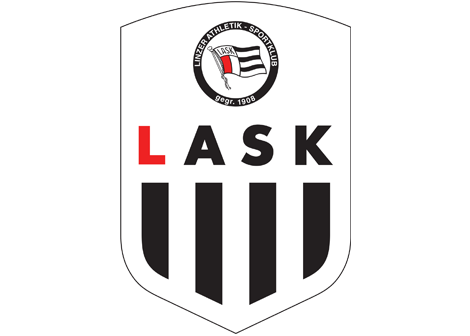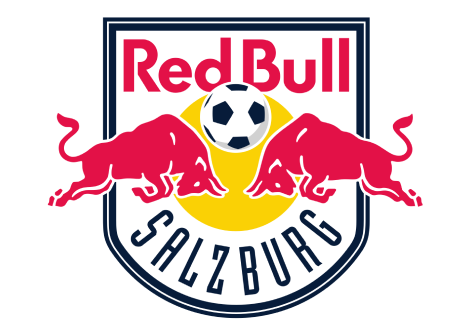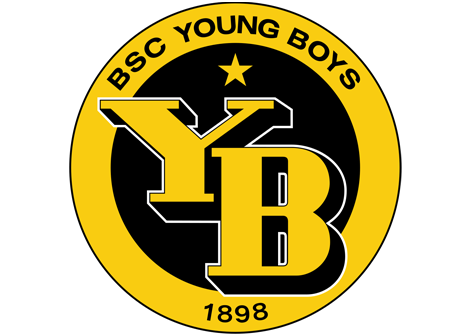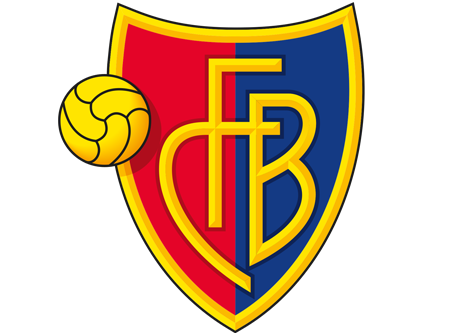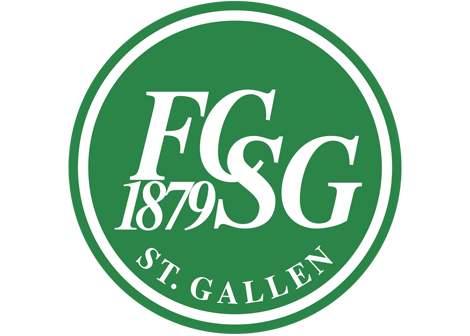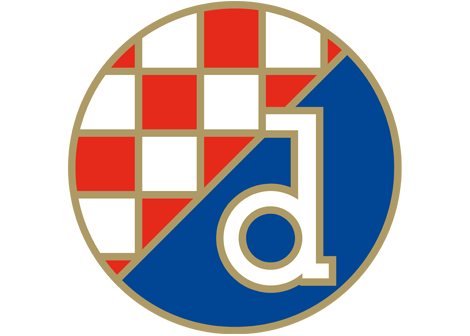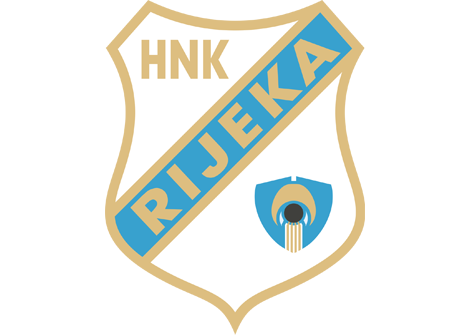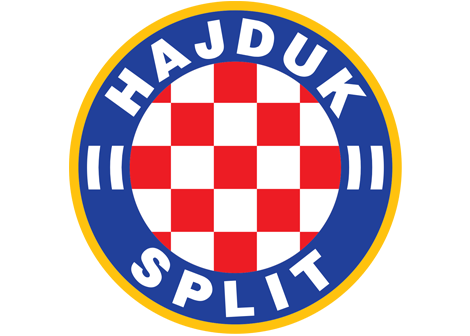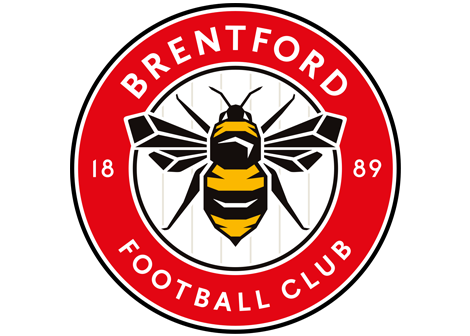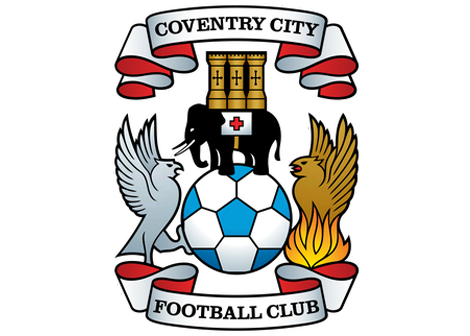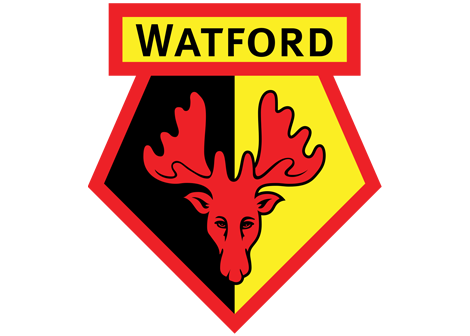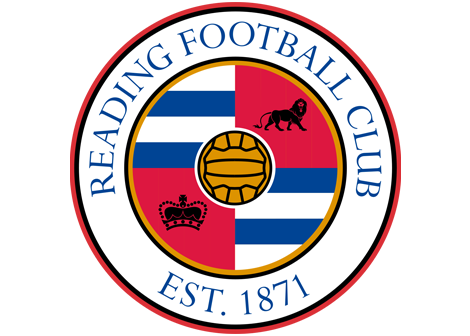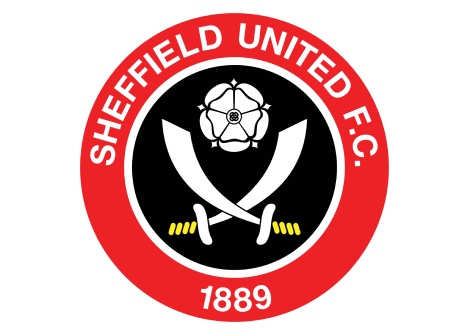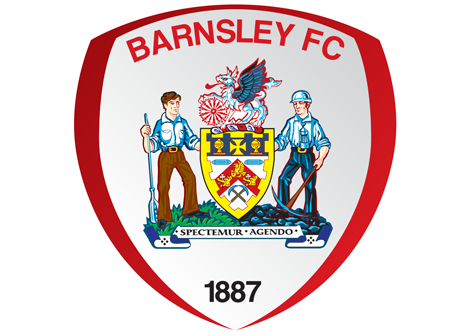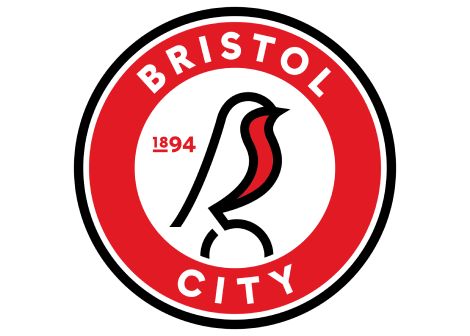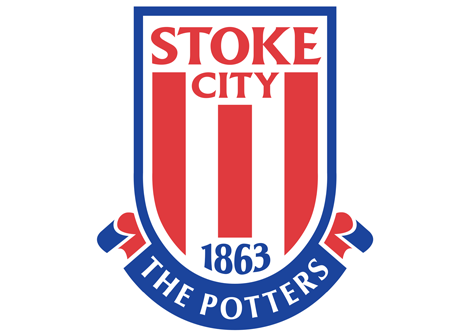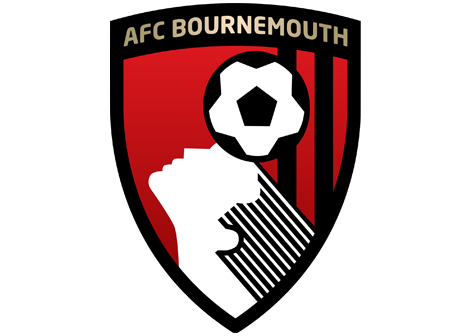Understand the perceived pros and cons for footballers of working with a bigger, corporate agency
Do you want to be a big fish in a small pool, or vice versa? Where in the world do you want to play and at what level?
Players have never had more choice when it comes to selecting an agent. But the sheer number of people working in the industry also makes it more challenging than ever to find the right one for you.
In this two part series, we help football players weigh up what’s best for you: a big agency, a one-man band, or something in between
Every player has the same goal in choosing an agent: they want someone to get them from where they currently are in their career, to where they want to go next and possibly further into the future. But the best way to achieve the basic goal depends to an extent on personal preference.
Do you want to be a big fish in a small pool, or vice versa? Do you need an agent to take care of every aspect of your life - football, commercial, financial, legal, property etc - or just your transfers and contracts? Where in the world do you want to play and at what level?
You need to weigh up questions like these, and consider how the answers fit in with the perceived pros and cons of different kinds of representation.
Part 1: The pros and cons of working with a bigger, corporate football agency
Potential pros
- Large internal network. The more agents a company employs and the more countries it operates in, the greater the range and number of opportunities it should be able to find for you. Colleagues in the same business can co-operate and find the best deals for each other’s players. Instead of being restricted to one market or continent, you can think globally without having to find an agent in every territory for yourself.
- One-stop shop. Larger agencies often have separate departments and experts to help players deal with other aspects - or every aspect - of their careers and lives. Instead of having to find separate people to look after sponsorship and commercial earnings, legal affairs, tax and financial planning, wealth management and lifestyle issues, you can have everything under one roof.
- Commercial power. Bigger companies tend to have greater experience in helping players make the most of their potential off the field and therefore greater influence with potential sponsors and partners. They are more likely to already have contacts and a track record that can work in your favour.
- Team strength. An agency with a number of staff across different departments gives you more people to call on for help, in good times and bad. Instead of relying on one person to determine the course of your career and life and risk that person letting you down, you have lots of people looking out for you.
- Bigger track record. It is easier to assess the success rate and compatibility of companies with a lot of players under their banner and lots of deals under their belt. There is simply more information to work with and more existing clients to speak to about their experiences, many of whom may well be at a similar stage in their career to you. The more you know, the better prepared you are to make an informed decision about your future.
Potential cons
- Less attention. Even an agency with a lot of staff can struggle to cater properly for its players if it has too many clients in too many places. Instead of benefiting from being part of a large network, you might find yourself getting lost in it, with no one individual putting enough time and energy into looking after your interests.
- Unclear relationship. When there are multiple agents working in multiple markets, it can become hard to tell where the buck stops. Instead of it being clear who is responsible for finding you the right deal, neither you nor the clubs who might be interested in you know whom to speak to about potential opportunities.
- Weaker personal connection. An agent - or group of agents - catering for multiple players for the same company inevitably has less time to spend not only working for you, but getting to know you. Instead of having a close personal relationship with your agent that enables them to understand and value your needs, there may be a distance that can lead to misunderstandings and bad decisions.
- Status issues. The biggest money comes from the biggest deals. Companies can end up prioritising their established players or the latest, more marketable talent, while ignoring the needs of younger players or those further down the food chain. Instead of being a priority client whose success is key to the overall business, you might end up being overlooked.
- Higher fees. Larger firms have more staff and higher overheads which they have to pay for. They can also charge a premium price for their reputation and size, so you might end up paying out more in commissions than to a smaller agency.
In part two of this series, we consider the pros and cons of choosing a smaller, independent agency to represent you as a professional footballer.
TransferRoom offers players unprecedented access to information about hundreds of agents, including their track records and current player representation.
Sign up today and use our Agency Finder tool to get matched instantly to the right agent for your needs.
Book an intro call
Trusted by decision makers from 800+ clubs worldwide
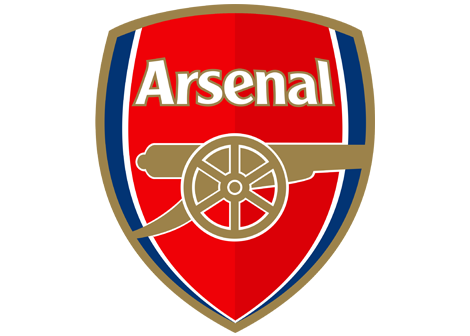
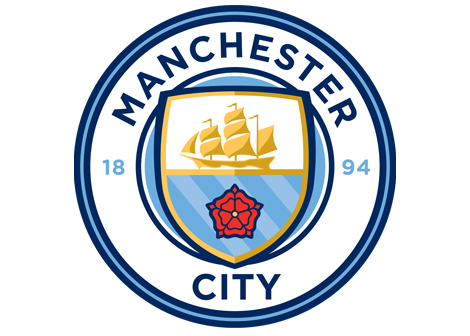
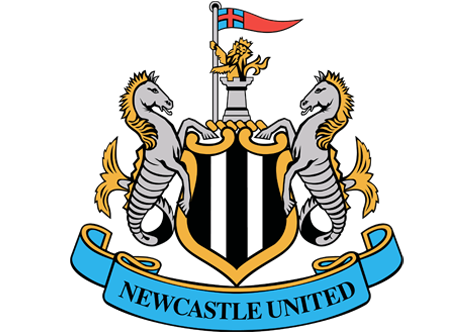
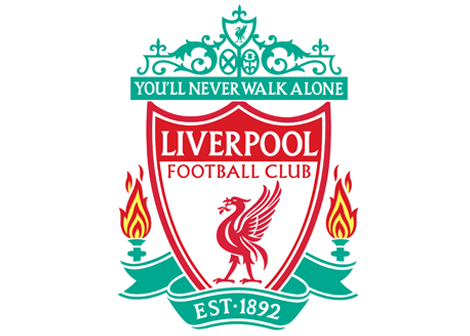
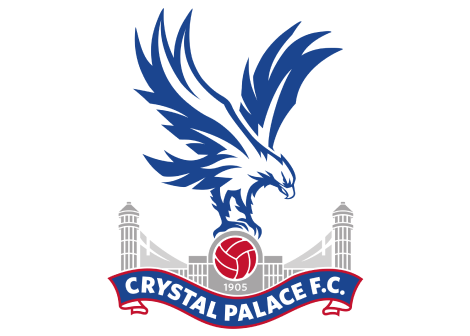
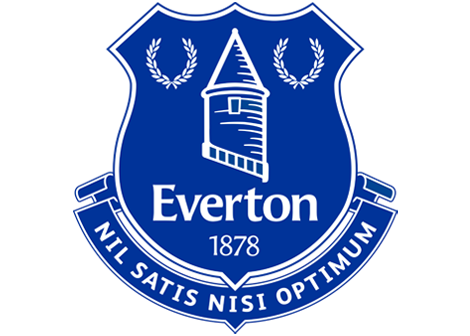

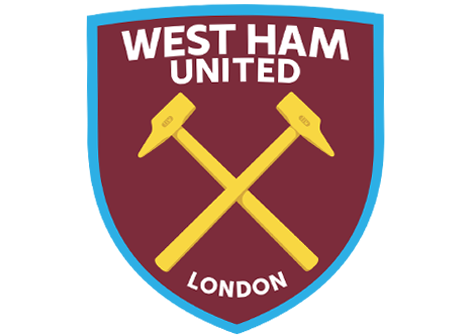
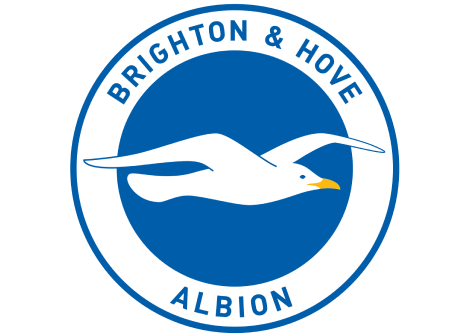
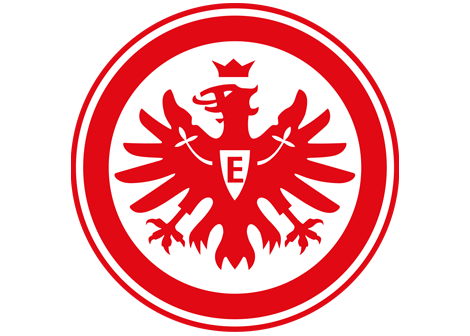
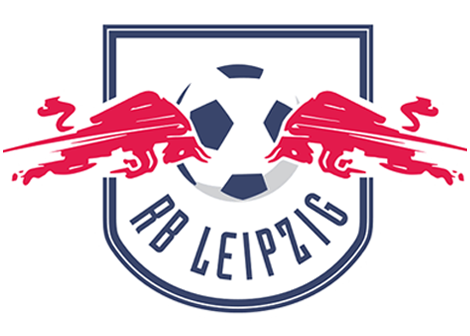
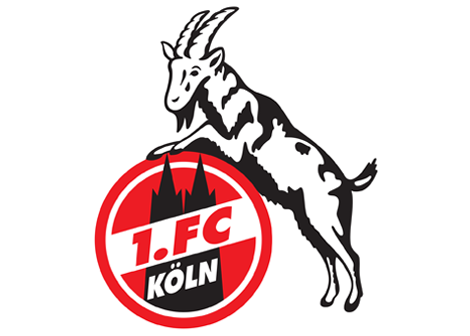



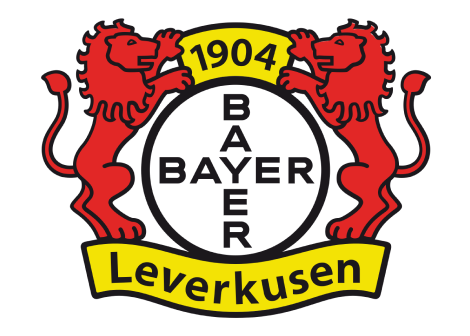
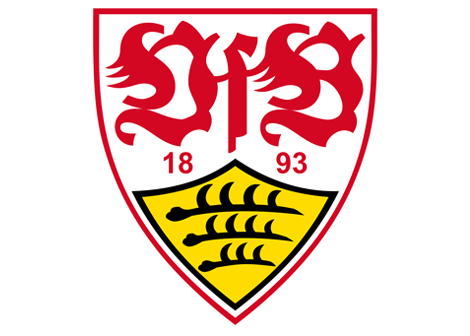
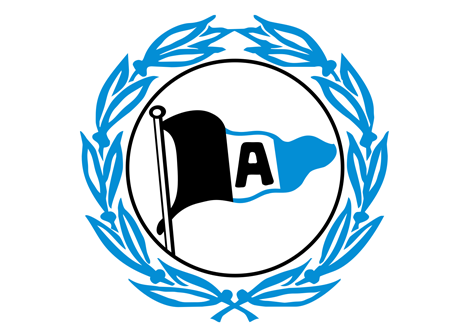
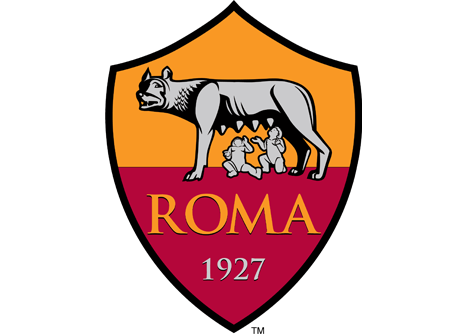


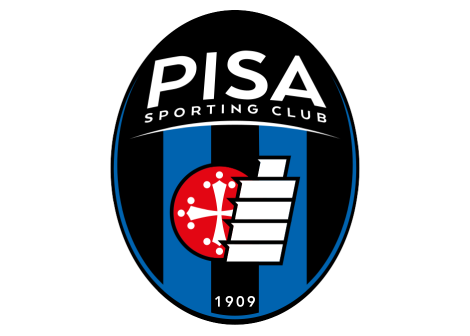

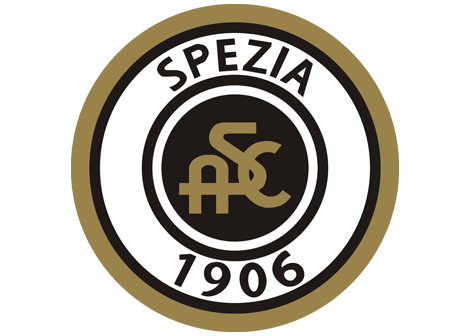
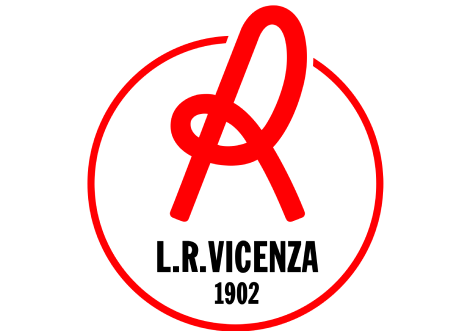
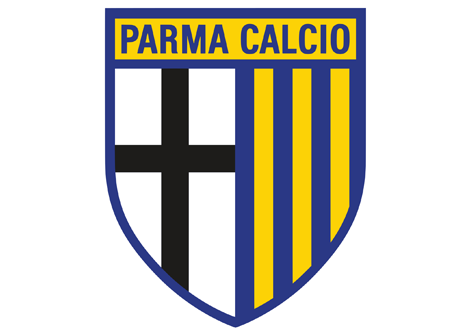
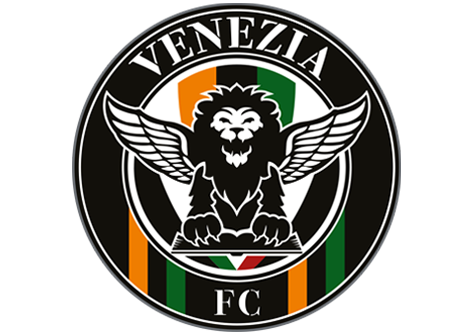
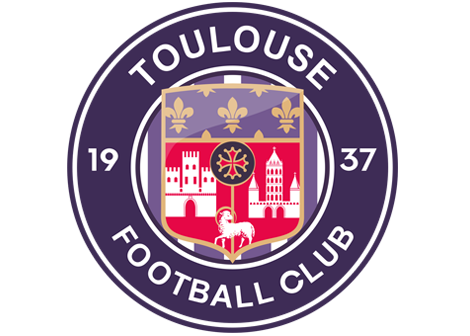

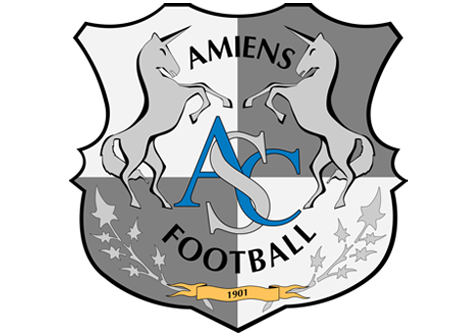
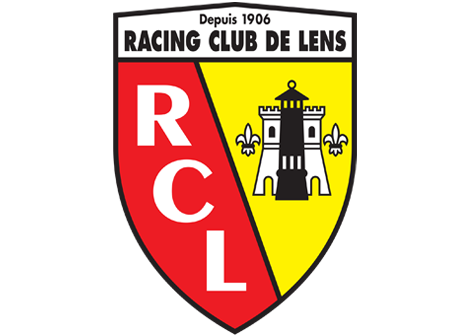
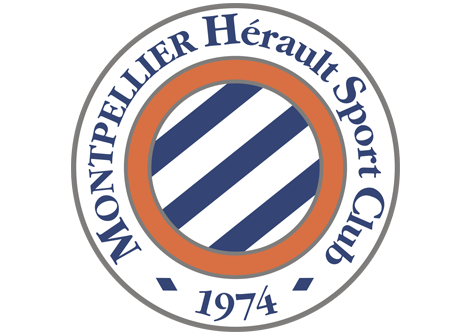

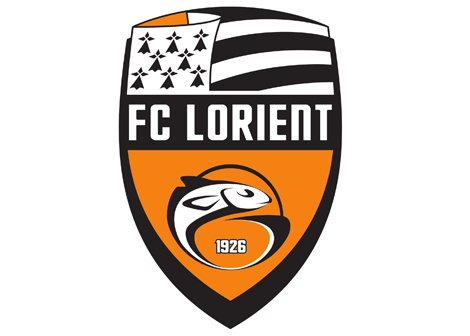
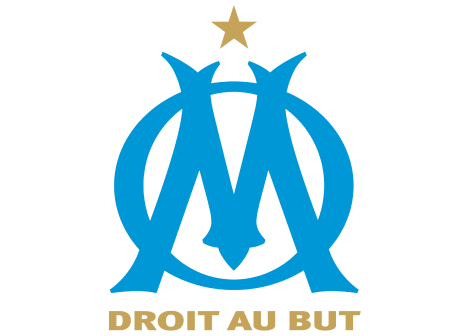
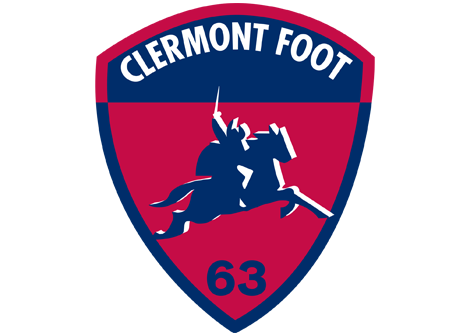
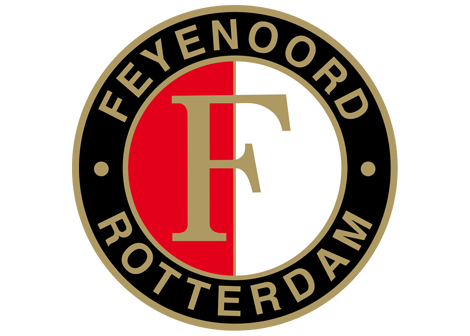

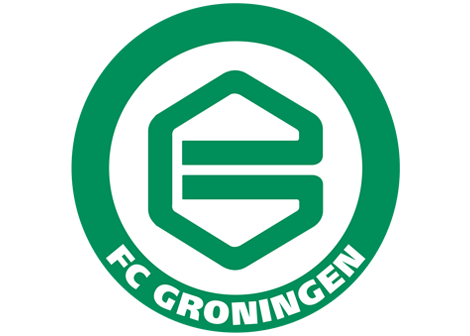
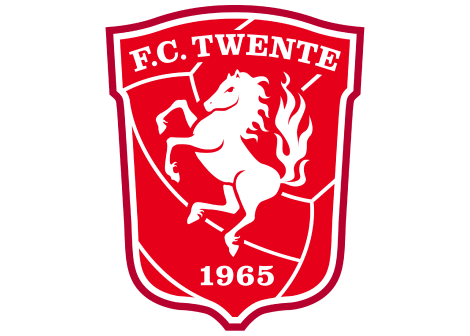
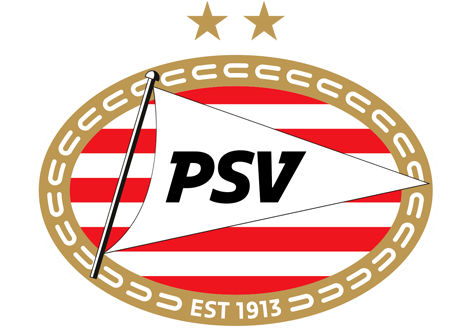
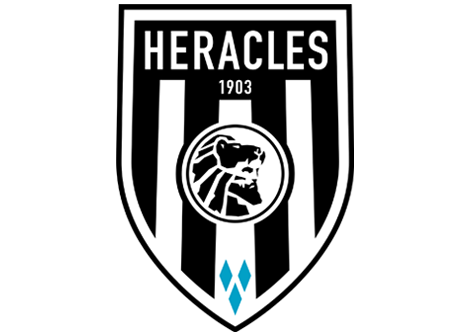
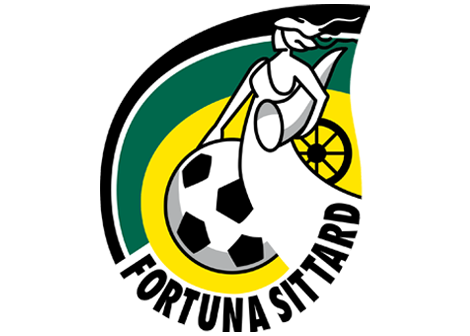
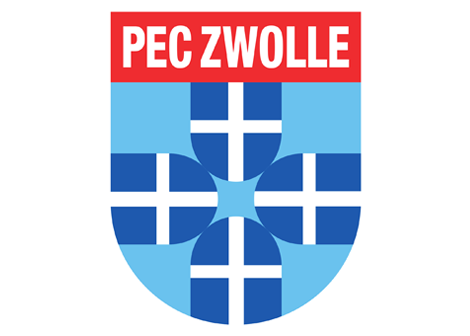
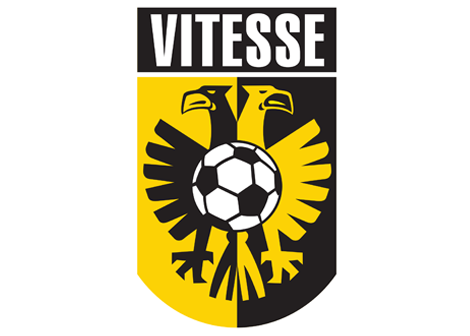
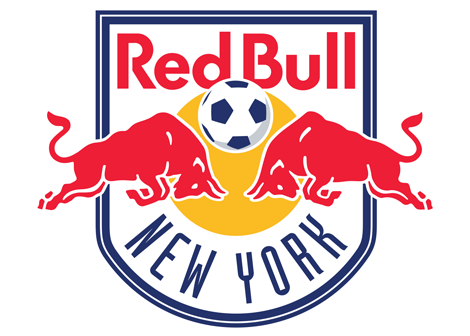
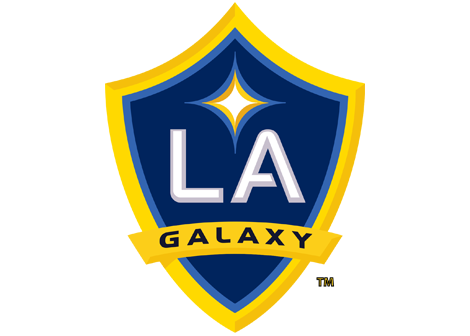
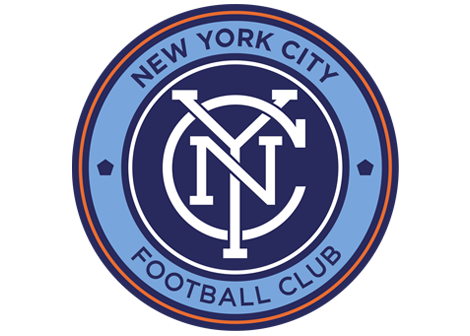
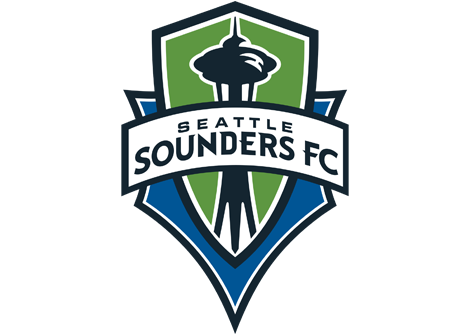
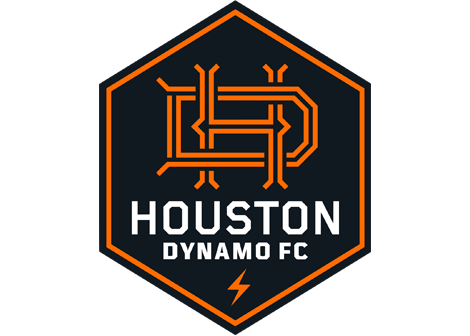
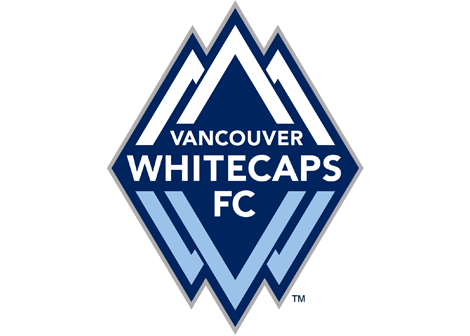
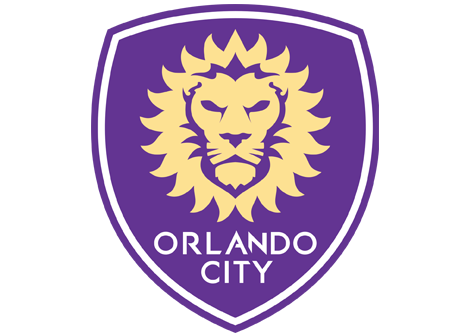
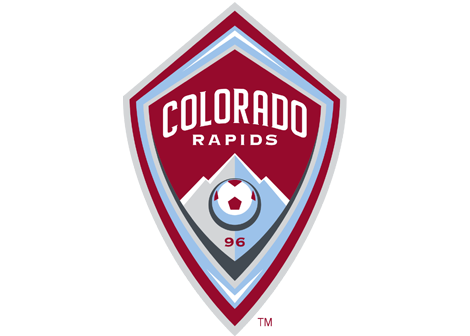
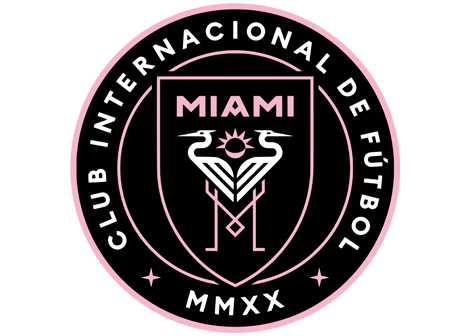
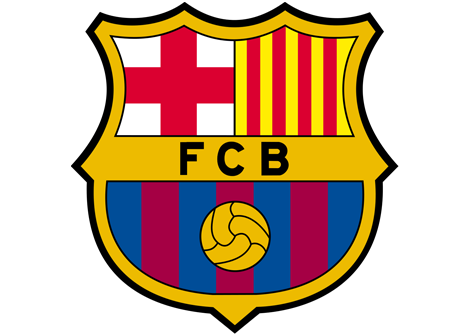
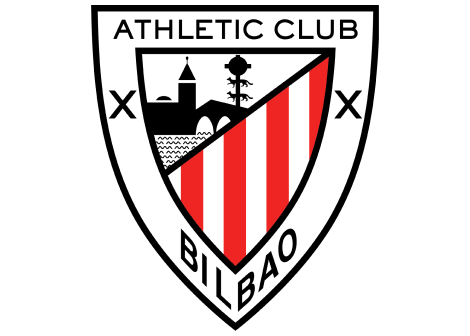
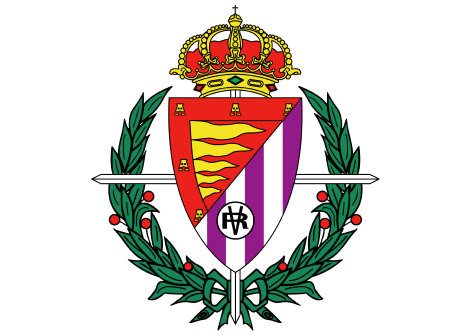

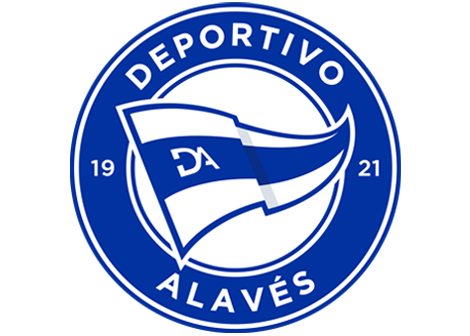

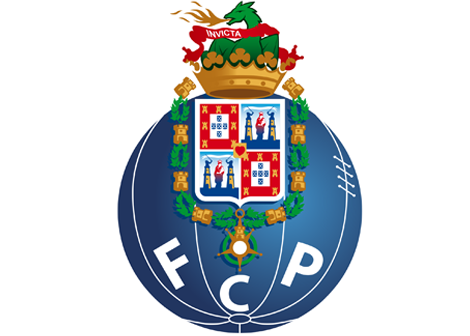
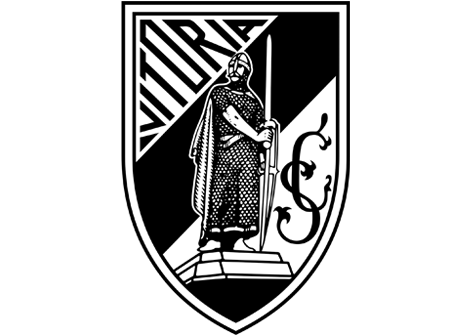
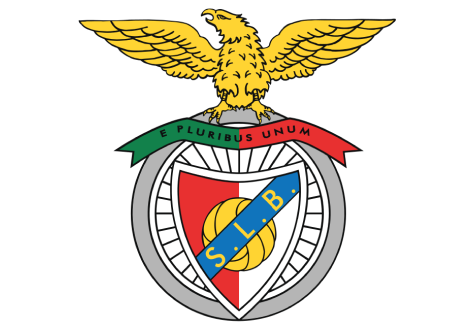
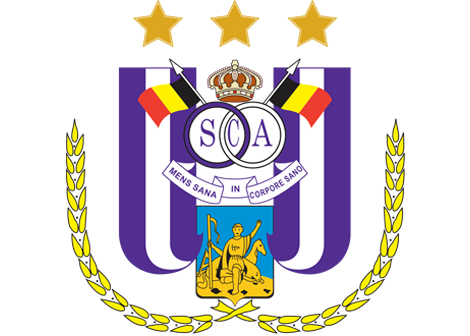
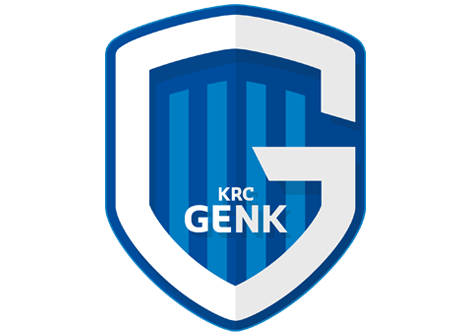
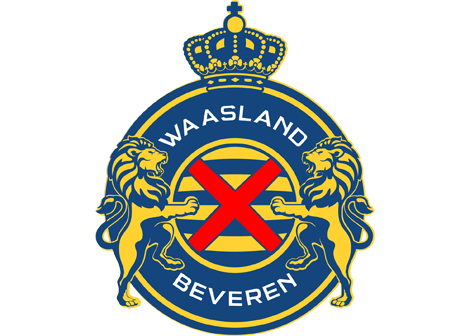

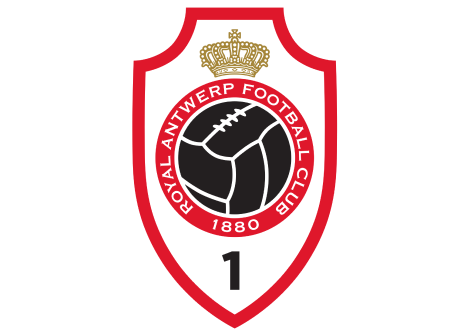
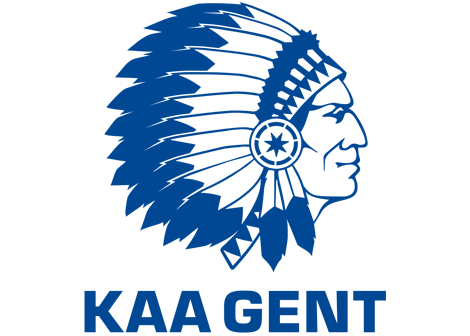
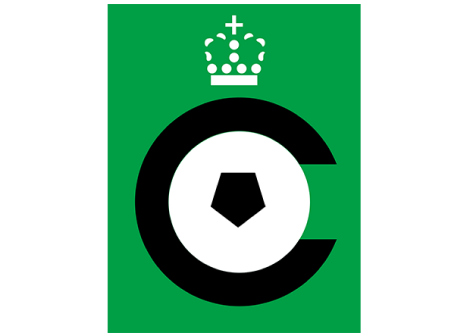
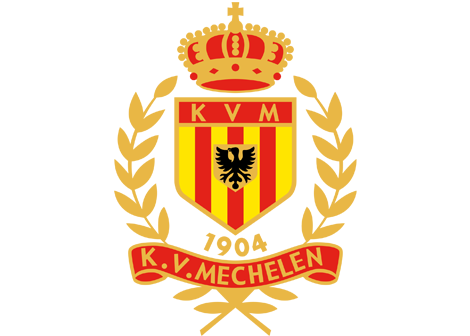
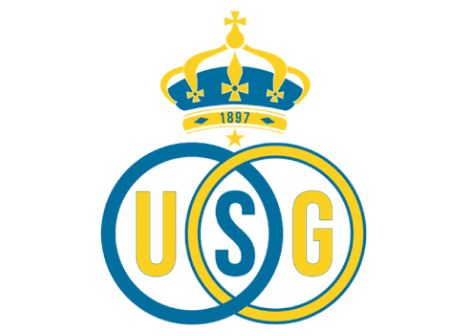
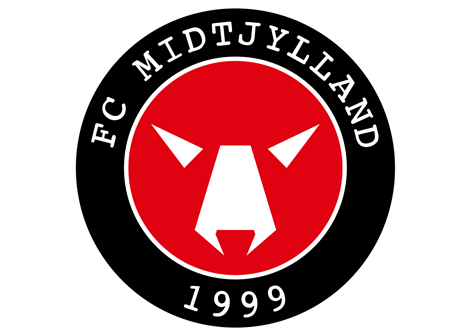


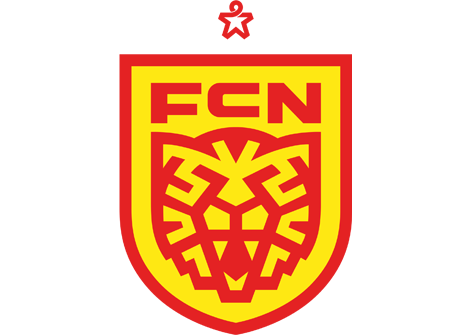
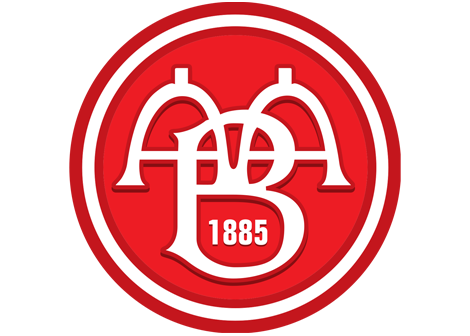
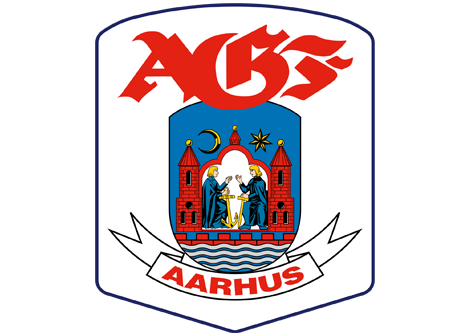
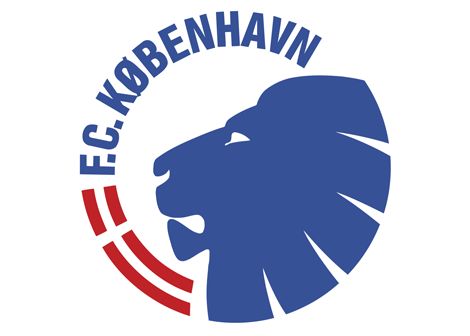
/SWEDEN/Malm%C3%B6%20FF.png)
